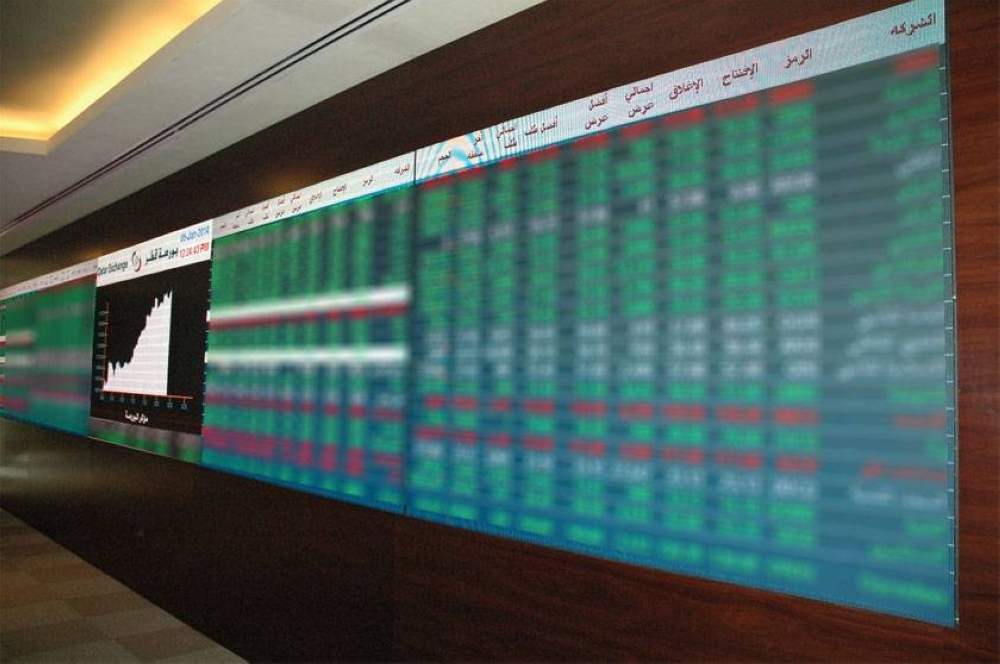The Qatar Stock Exchange (QSE) will shift to a shortened settlement period 'T+2' from the present 'T+3", effective from January 2, 2024, a move that will help investors receive their cash faster and substantially reduce the operational and counterparty risks.
"During the period from now until the implementation of the shortening process, both QSE and Edaa will make necessary updates to the rules and procedures related to the settlement reduction process," QSE confirmed the date in a communique.
The endeavour is to follow the best international practices in the global financial markets in order to provide the best ways and functions to enhance the efficiency of Qatar’s securities market, it said.
The settlement cycle has remained at trade date plus three business days (T+3) in Qatar, where the global fund managers have been eyeing the fastest growing economy due to its strong macro fundamentals, especially after Qatar unveiled plans to enhance its liquefied natural gas production to 126mn tonnes per annum by 2027, which offered indirect benefits to the private sector as well.
The ‘T+2’ settlement cycle ensures seamless international fund management, which in turn, helps in enhancing the competitive edge of the Qatari capital market, market sources said.
In 2014, most markets in Europe transitioned to T+2 settlement cycle, while the settlement cycle in the US is T+2 for equities and corporate bonds and T+0 or T+1 for the money market instruments and government securities, and Hong Kong has 'T+2' cycle.
A key industry demand has been to shorten the settlement cycle in view of Qatar having the necessary enablers such as the market and technological infrastructure, especially after trading started in new platform.
In June this year, the QSE moved into a new and high performing trading platform built on the same advanced technology used by many global capital markets.
A cost-benefit analysis of the shortened settlement cycle has found that major bourses across the world favoured shortened settlement period as it helped reduce clearing and settlement risk as well as the overall costs for the securities' industry, thus making the market safer.
The shortened settlement cycle would help improve market efficiency as the reinvestment becomes faster, they said, adding the reduction in the initial margins and the shortened settlement cycle are ought to improve the liquidity.
The significant improvements in straight through processing and the underlying technology over the last few years call for a shortened settlement cycle, which at this point of time greatly improves volume and liquidity in the system, market experts said.


